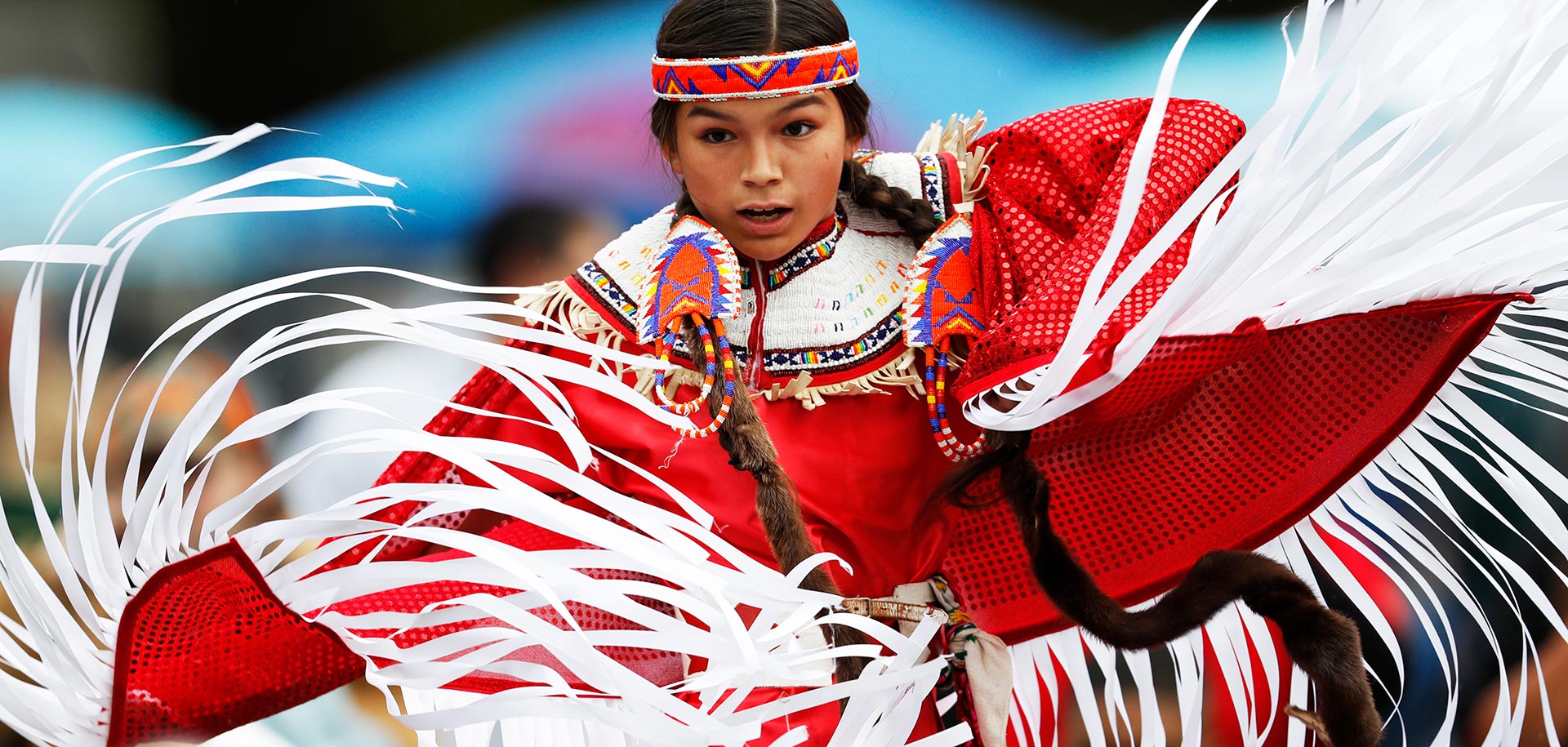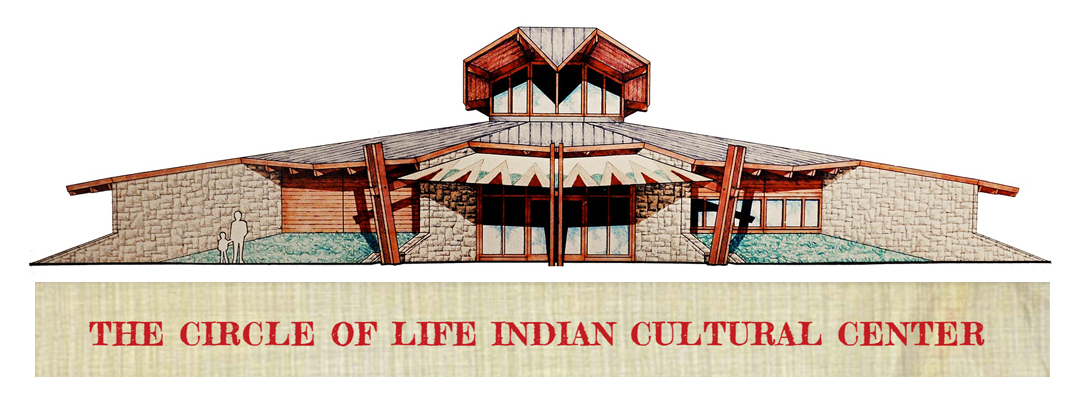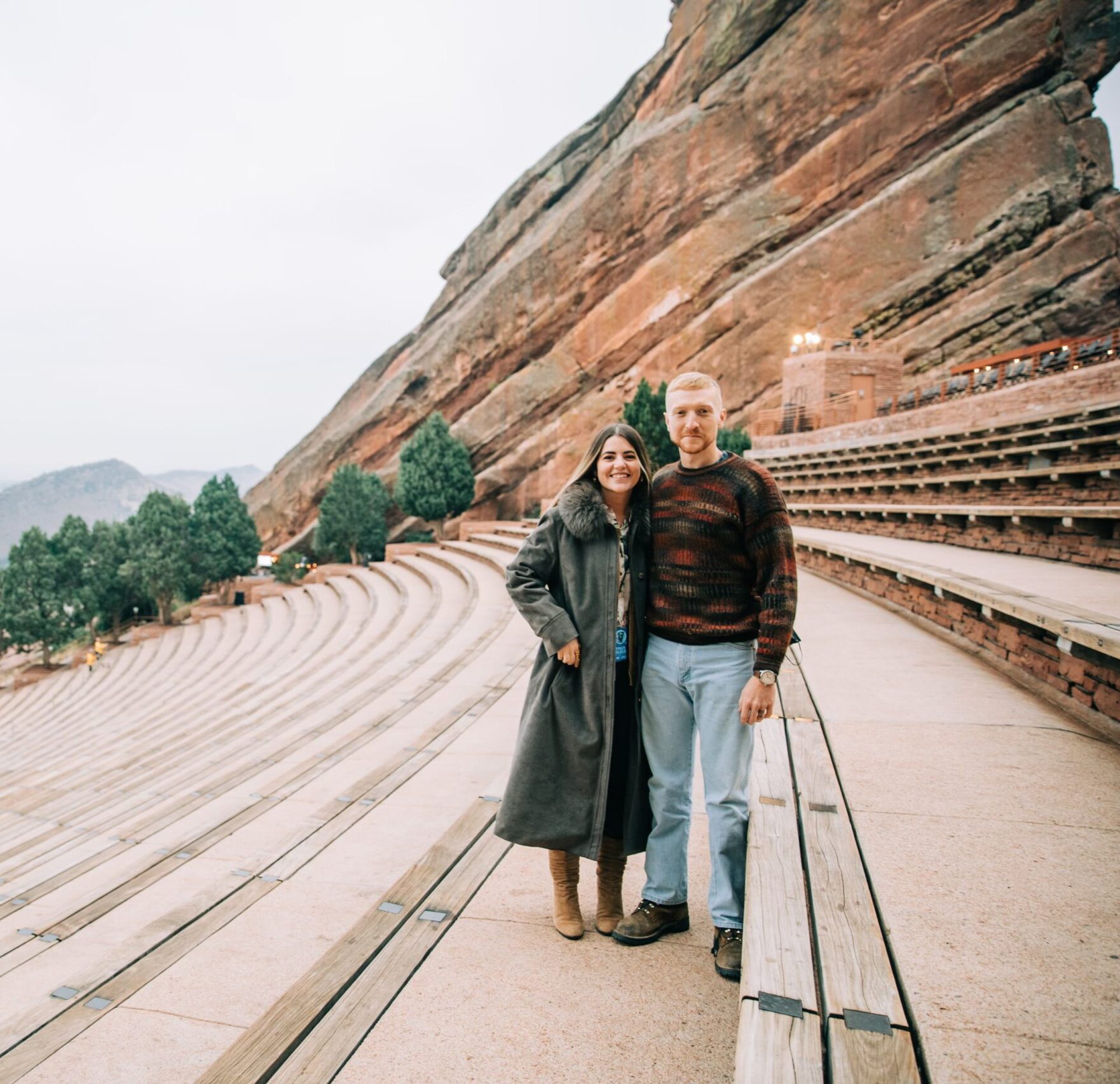Senora and Tyler Childers’ Legacy of Resilience and Community Uplift
Growing up in the rustic landscapes of rural Appalachia in Kentucky, their bond with their heritage is undeniable. This connection resonates not just through the soul-stirring music they create but also through their commitment to uplifting the communities and landscapes that shaped them.
Senora and Tyler opened two funds at the Community Foundation in the midst of the pandemic, seemingly when the world needed it most. One of the funds, The Hickman Holler Appalachian Endowed College Fund, was established to provide additional endowment support to students from Appalachia attending Berea College, Marshall University, Morehead State University, and Ohio University. The idea of empowering young students in their region to enter the workforce without the burden of college debt excites them both.
“As a Berea College alum, I feel that I see college differently than most graduates because Berea provides so much for their students,” says Senora. “I wasn’t crippled with debt like most students today, not because I came from a family with money, not because I had to work my butt off to make the large sum required to pay for school, but because of endowments provided there.”
Senora’s college journey was not only enriching for her but also had an impact on Tyler. They both love the idea of empowering young students in their region to enter the workforce without the burden of college debt.

Senora and Tyler Childers at The Caverns in Tennessee.
Photo in header: Senora and Tyler Childers at Red Rocks in Colorado.
For years, Senora and Tyler have observed the persistent challenges of neglect, stereotype, and exploitation experienced by the Appalachian people. However, with the creation of the Hickman Holler Appalachian Relief Fund several years ago, they’ve witnessed something truly remarkable. From all over the world, generous donations have poured in, raising awareness and providing essential financial support for philanthropic efforts in Appalachia and other communities across Kentucky.
“To see that people outside of the region understand and not only respect us for our qualities but want to help us out of financial hardships is glorious,” says Senora. “We never dreamed our connections out on the road, and the ability music has to touch hearts would come to help our neighbors at home when they need it most and on such a grand scale.”
Outside of Appalachia, working alongside CFMT’s dedicated team, the couple has also distributed grants from the Hickman Holler Appalachian Relief Fund to Native American philanthropic projects across the country addressing food insecurity, homelessness, and mental health. An additional source of Tyler and Senora’s growing philanthropic support comes from royalties generated from Tyler’s 2017 song, Feathered Indians. Proceeds have made possible several legacy-making grants to Native American supporting organizations, for which the grantee partners can invest the donation right where it will most support the organization’s impact in the community.

Photo by Emma Delevante.
“Tyler and I both feel that if we are to move forward as Appalachian folks who love our culture, people, and countryside, we must acknowledge that our ancestors stole this place from native peoples,” says Senora. “They gained native knowledge of growing food here, married and had children, and then settlers forced them from their homeland.”
Senora continues, “Unfortunately, public education misses some major facts about our history that are quite disturbing and irreparable. We have known ‘feathered Indians’ as a term that is commonly overused without much regard for Native American people.
“Today we know it as a term that is offensive to certain individuals who have been caused harm by our ancestors. The more we learn, the more we feel it is our duty to contribute, with the opportunity we’ve been given, to the betterment of those mistreated in our region, whether it be now or in the past.”
The Childers’ story is a testament to the enduring spirit and rich culture of Appalachia, and it also is a story of resilience and commitment to uplifting the communities that shaped them. The couple inspires others to embrace their roots and give back to the places that define them.
By observing our past, we can create positive change for the future. By understanding the histories of our communities, mindful individuals can begin to move forward without repeating detrimental mistakes. We can honor those who came before us while connecting with those who are present, shaping a world where everyone is seen, valued, and respected. Through this lens, we can pave the way for a brighter, more inclusive future for all.

Photo provided by NAIA.
The Childers’ Relief Fund supports one organization right here in Middle Tennessee: the Native American Indian Association of Tennessee (NAIA).
Currently, the state of Tennessee does not recognize Native American reservations as sovereign by the state or federal government. The many services Tribes provide their citizens — healthcare, housing, food, educational training — do not follow Tribal citizens when they come to a state without Native American reservations.
In the absence of a Reservation or Indian Office to help Tribal members navigate the state of Tennessee’s resources and regulations, the NAIA helps Native Americans in Tennessee find affordable housing, food, job training, and educational support, receive life-saving care, and gather for cultural revitalization.

Plan for the Circle of Life Indian Cultural Center, provided by NAIA.
The Circle of Life Indian Cultural Center will serve as a vital gathering place for Native people in a state where such a space has been absent since the 1830’s. This absence is rooted in the tragic history of the brutal and forced removal of Native Americans from Tennessee. It aims to consolidate services and provide a culturally relevant space for various programs and events, including a library, museum, administrative offices, and community meeting spaces. It will be the first inter-tribal center of its kind, offering much-needed visibility and support for Native Americans in the state.
“Donations like the Childers’ bring us one step closer to realizing the dream of our founding members to build a Cultural Center to be a place of community and learning for generations to come,” says Dr. Eleanor Lopez, Treasurer of NAIA. “Without the support of our community, we would not be able to realize this dream for our people.”

